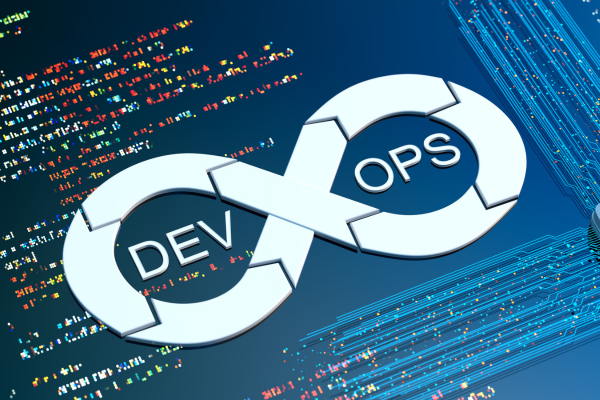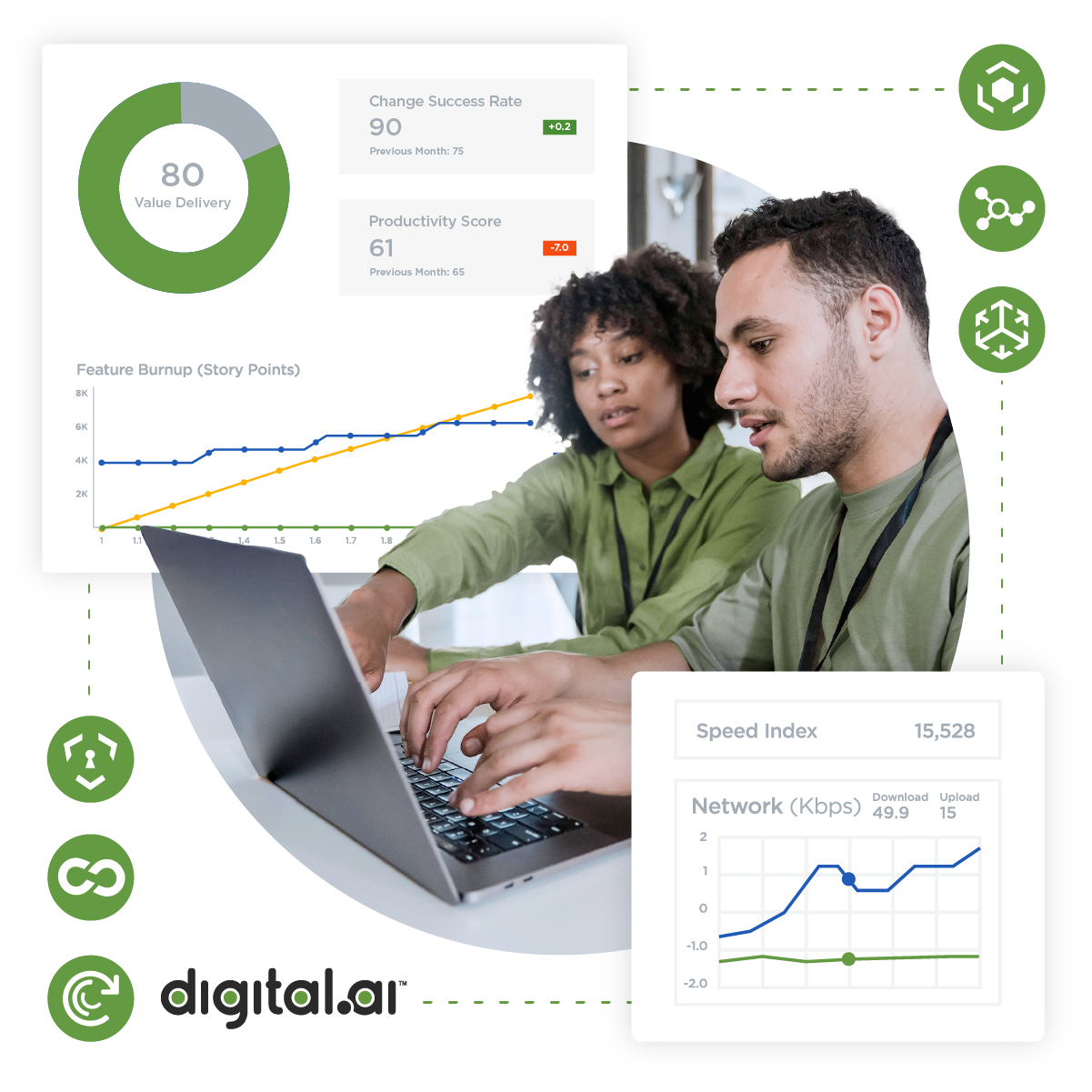Are you ready to scale your enterprise?
Explore
What's New In The World of Digital.ai
Better Together: Unlocking Endless Possibilities For Our Customers
This Valentine’s Day, join us in celebrating the unique stories that make our Digital.ai customers special!
Optimizing Cloud Adoption: Improving Visibility and Accelerating Release Velocity in Complex Environments
Discover how to optimize cloud adoption in complex environments by improving visibility, accelerating releases, and maintaining governance.
Developer Productivity: Measuring & Maximizing Team Production
Maximize your team’s developer productivity with our comprehensive guide. Explore metrics, strategies, and management practices that drive success.





